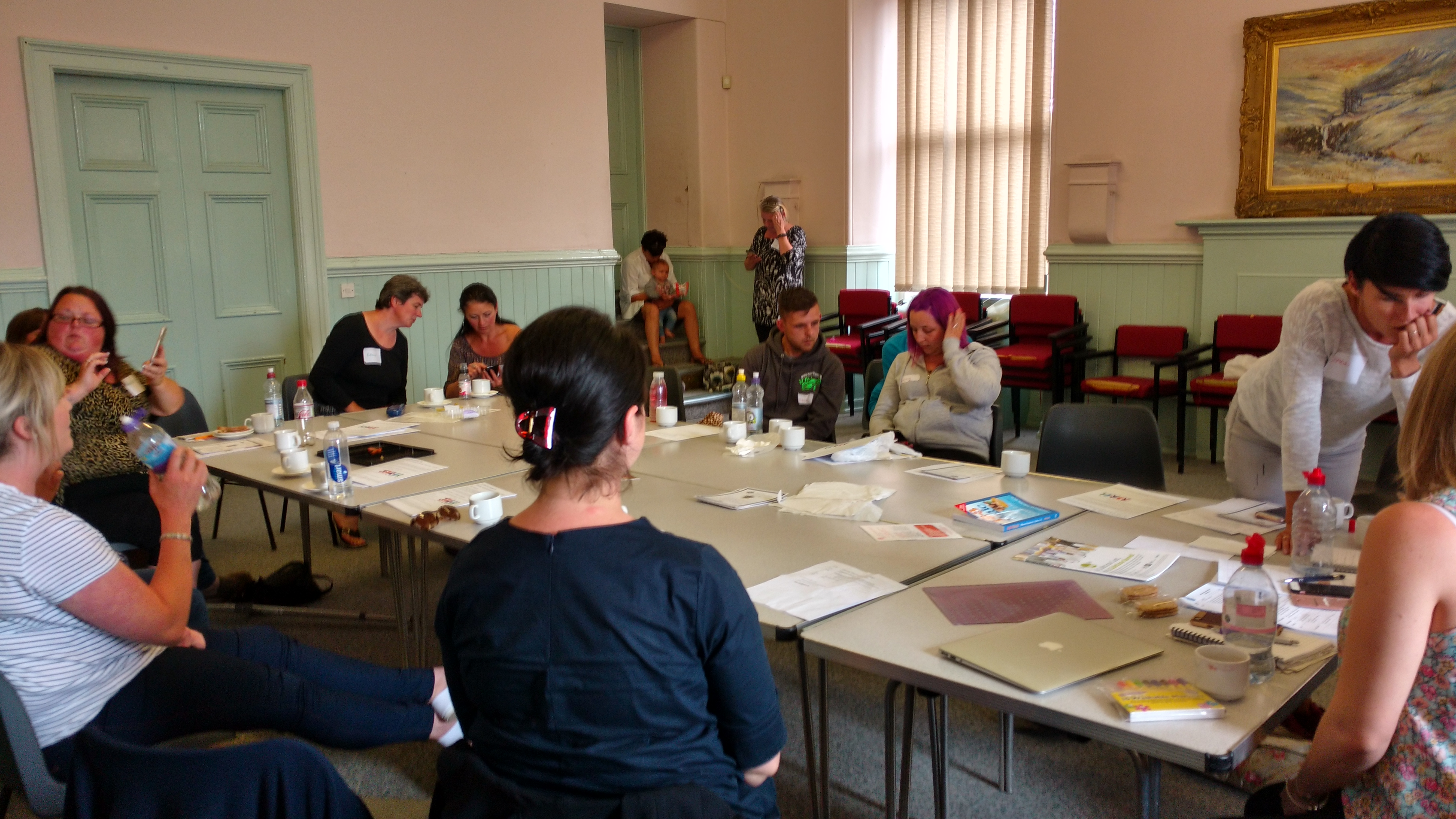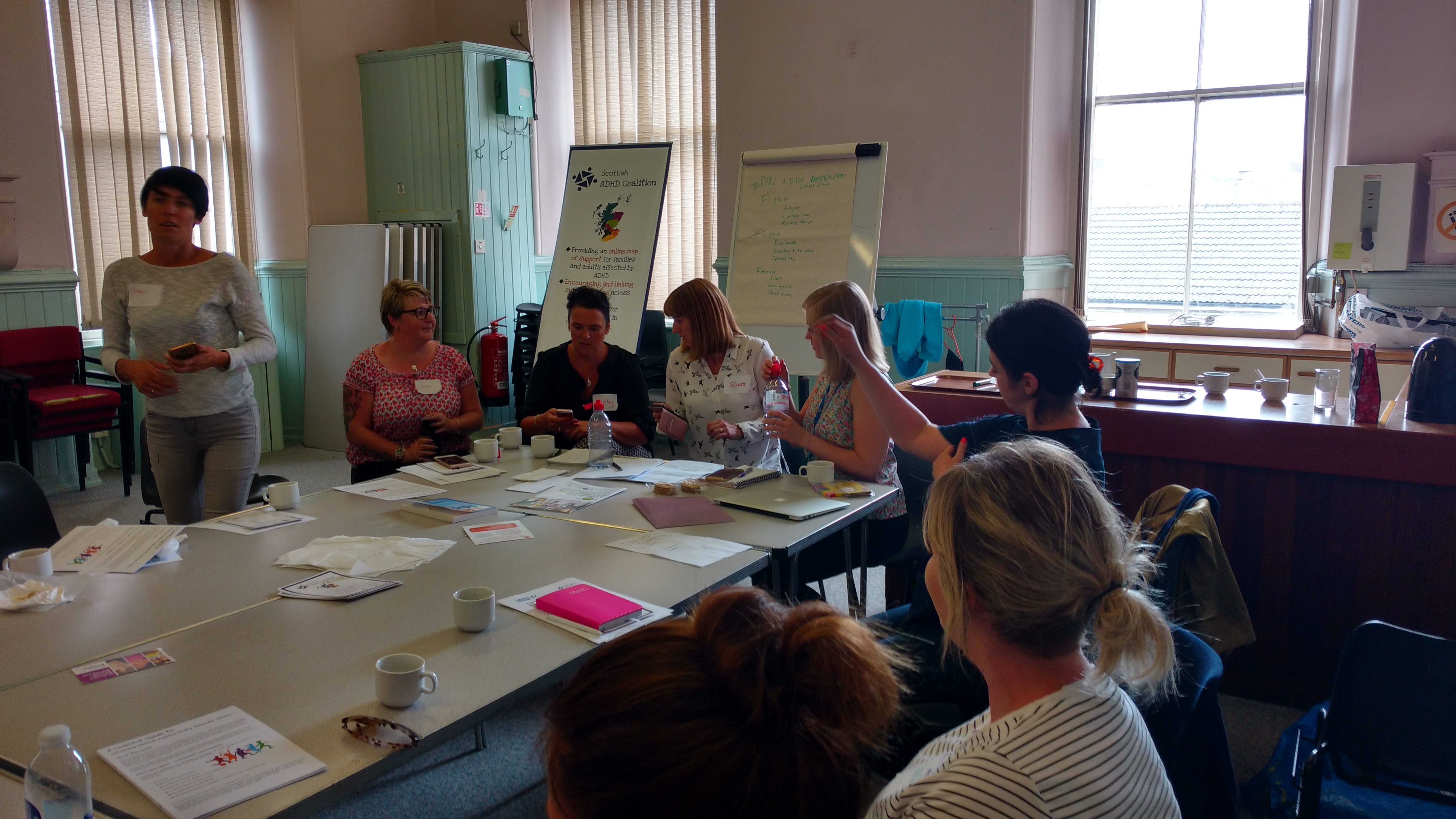OFFICIAL STATEMENT BY THE SCOTTISH ADHD COALITION
The Coalition recognises that the recent Panorama documentary has caused considerable concerns to many members of our community.
We congratulate the documentary team in bringing to the attention of the wider public the paucity of services within the NHS for the assessment, diagnosis, and treatment of this complex condition, and the fact that many who suffer from its impact are forced to seek private services.
We know also that highly qualified clinicians are as concerned as patients and that efforts are being made to persuade NHS managers that more needs to be done to modernise patient pathways for assessment, treatment, and post-diagnostic support.
We have concerns that the programme may have mis-represented both the motives of patients for seeking support and the quality of assessments offered by the private sector and believe that clinical professionals should be judged not by journalists but by their own regulatory bodies and according to the standards laid out in national practice guidelines.
ADHD in the adult population is vastly under-recognised and under-treated at a huge cost to the individuals concerned, their families, and to society as a whole.
Intelligent, well-informed debate about how to progress intervention and support is to be welcomed, but programme-makers should be aware of the unintentional consequences of making blanket statements about clinical services in either the public or private sectors and the potential damage that may be caused to innocent and well-motivated professionals who are driven to fill gaps in provision rather than seek to profit from failings elsewhere.
We urge the BBC to consider carefully in future how it chooses to portray the myriad of issues that ADHD raises, and to ensure that an appropriate balance has been struck in raising what may be justifiable concerns with the principles of journalistic integrity and natural justice to those affected.


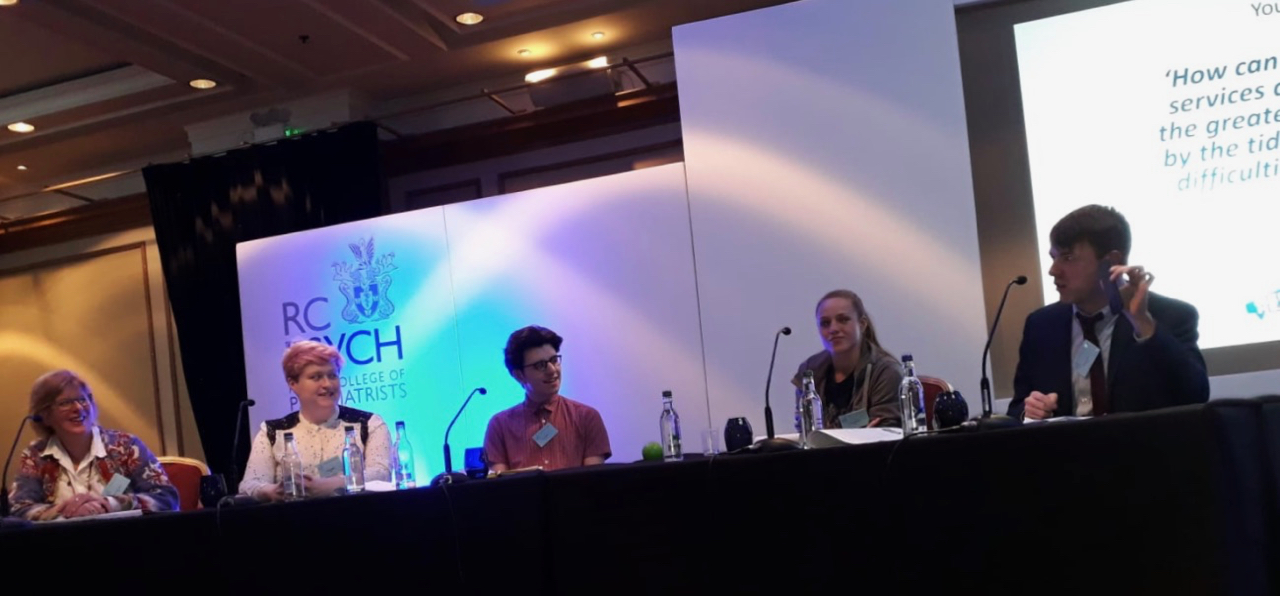
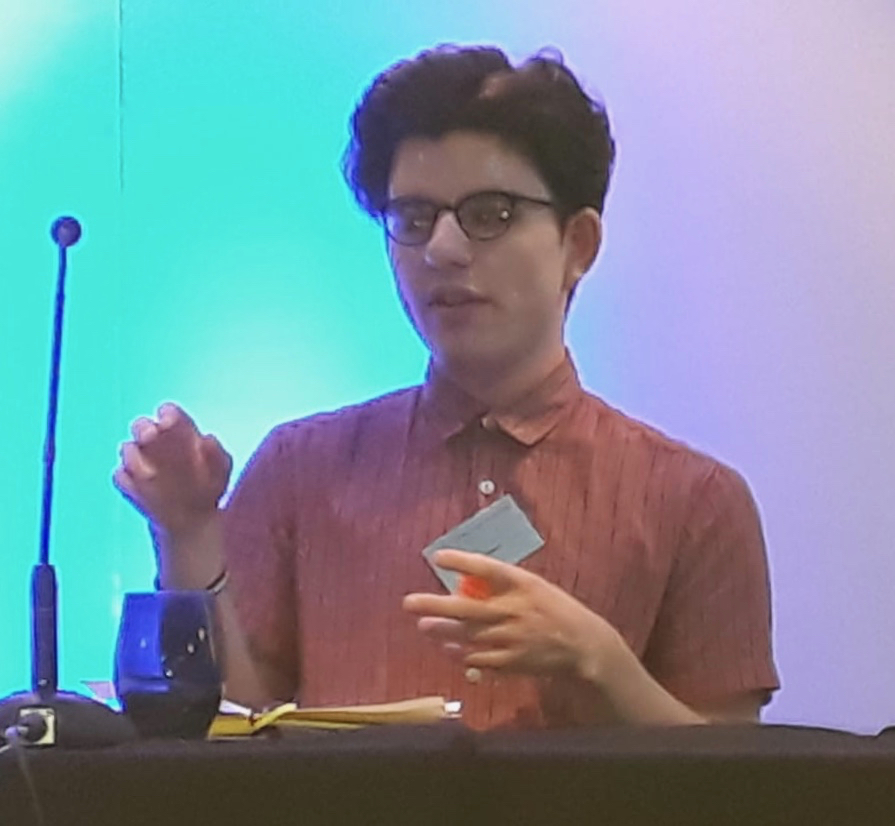
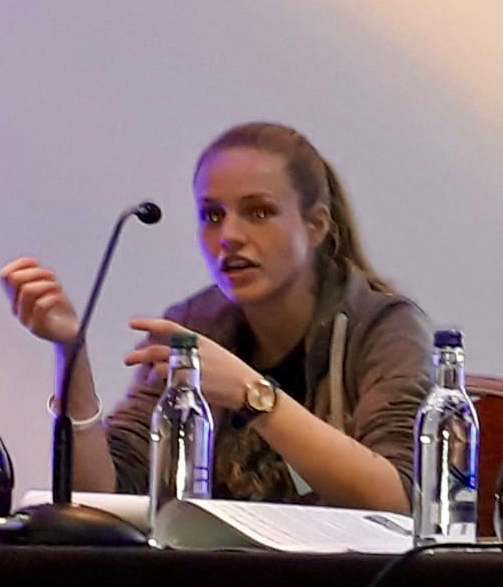
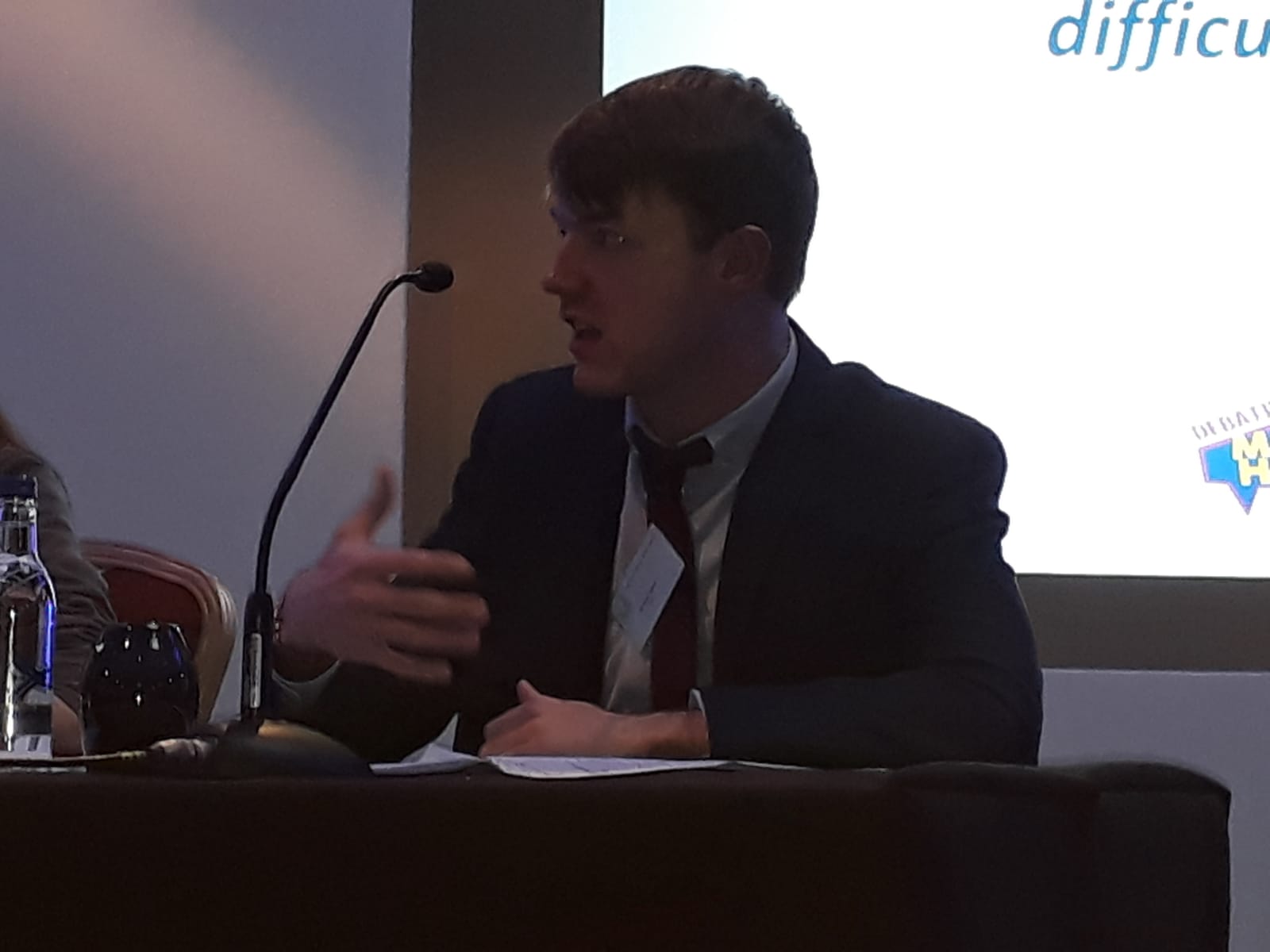 be linked to mental distress amongst young people.
be linked to mental distress amongst young people.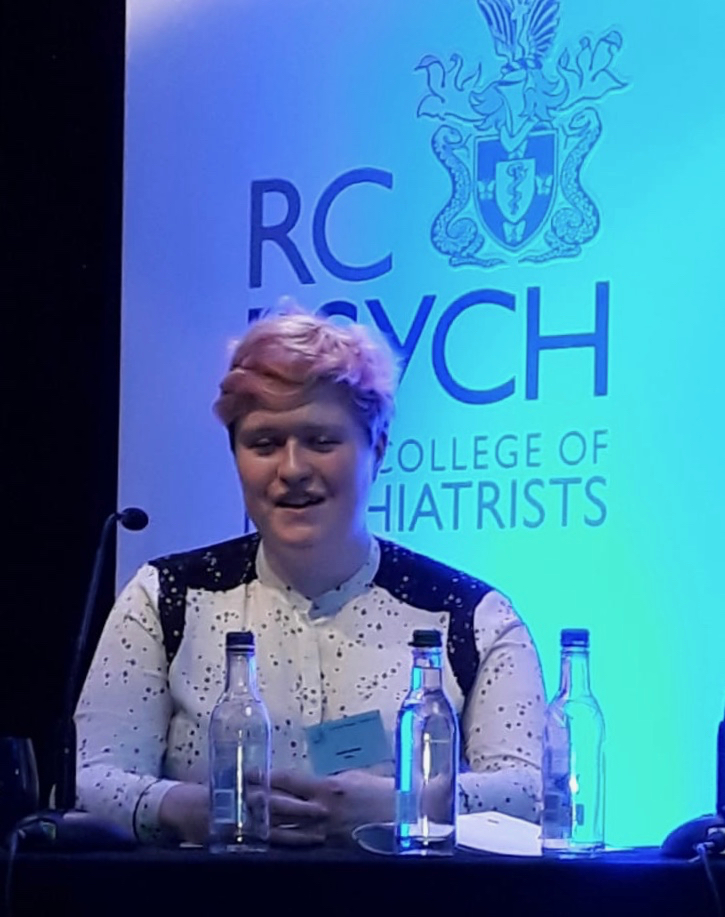
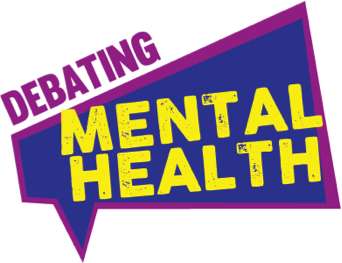
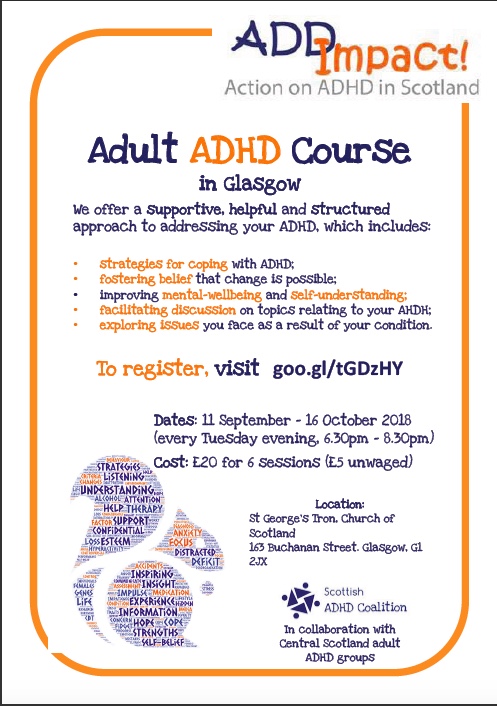
 If you have received a letter anything like this, please
If you have received a letter anything like this, please 


